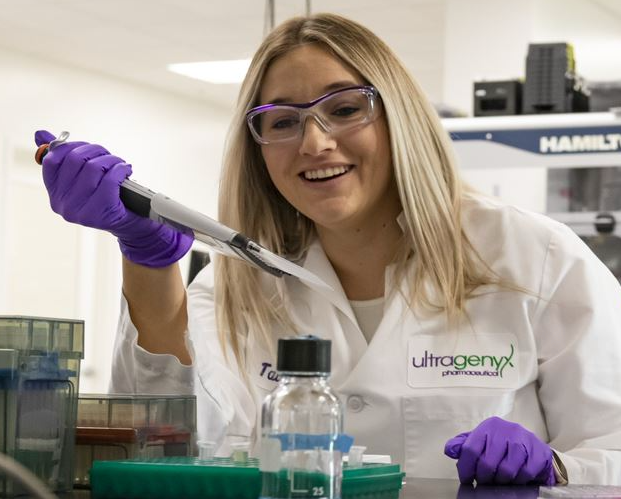Trial Highlights
- Study Design: International, randomized, placebo-controlled Phase 3 trial
- Participants: Patients diagnosed with IgG4-RD, affecting organs such as the pancreas, bile ducts, salivary glands, and lungs
- Primary Outcome: Reduction in disease flares and symptom severity
- Key Result: Inebilizumab reduced symptom risk by 87% compared to placebo
About IgG4-RD
IgG4-RD is a chronic inflammatory condition marked by immune cell infiltration and fibrosis in affected organs. First recognized as a distinct entity in 2003, it has historically been mistaken for cancer, leading to unnecessary surgeries and delayed diagnoses. Symptoms vary depending on organ involvement—ranging from pancreatitis and diabetes to eye swelling and jaundice.
Treatment Implications
Steroids have long been the mainstay of treatment, but their side effects—especially in patients with pancreatic involvement—can be severe. Inebilizumab offers a targeted, steroid-sparing alternative with the potential to transform care for this underserved patient population.
What’s Next?
The trial’s success paves the way for regulatory submission and potential approval of inebilizumab for IgG4-RD. If approved, it would mark the first targeted biologic therapy for this condition, offering hope to thousands of patients worldwide.















